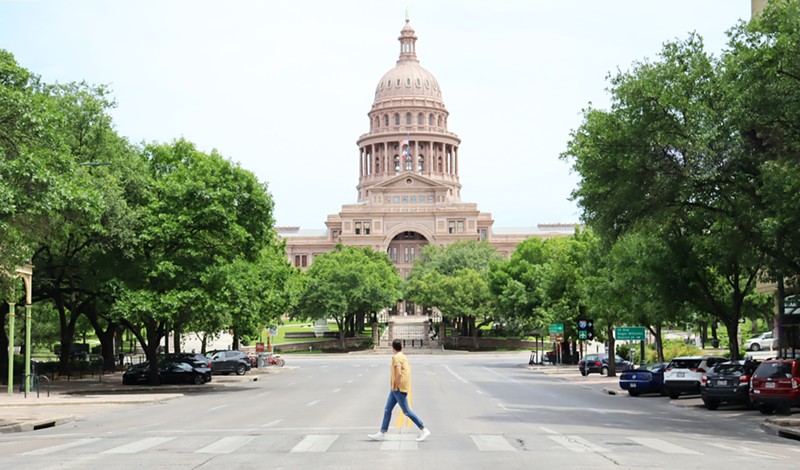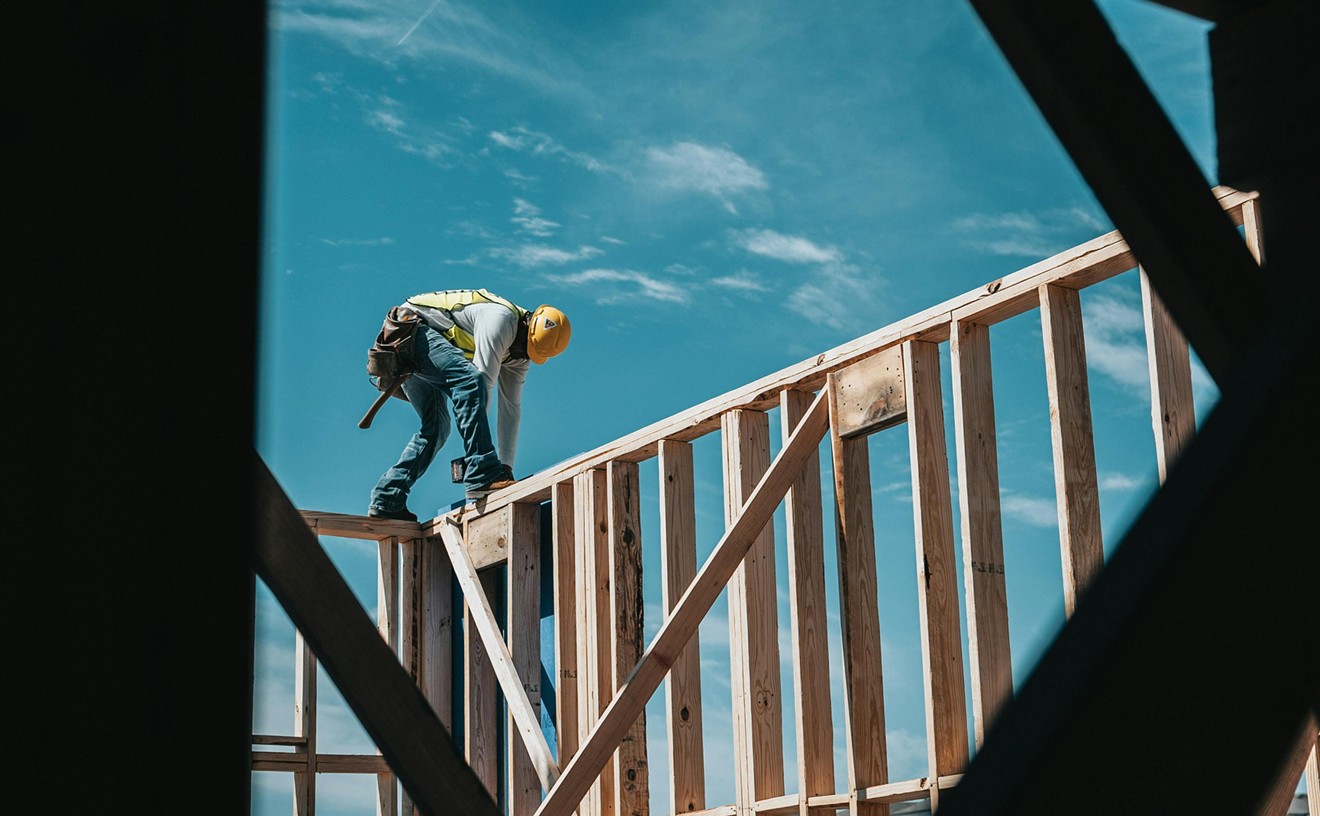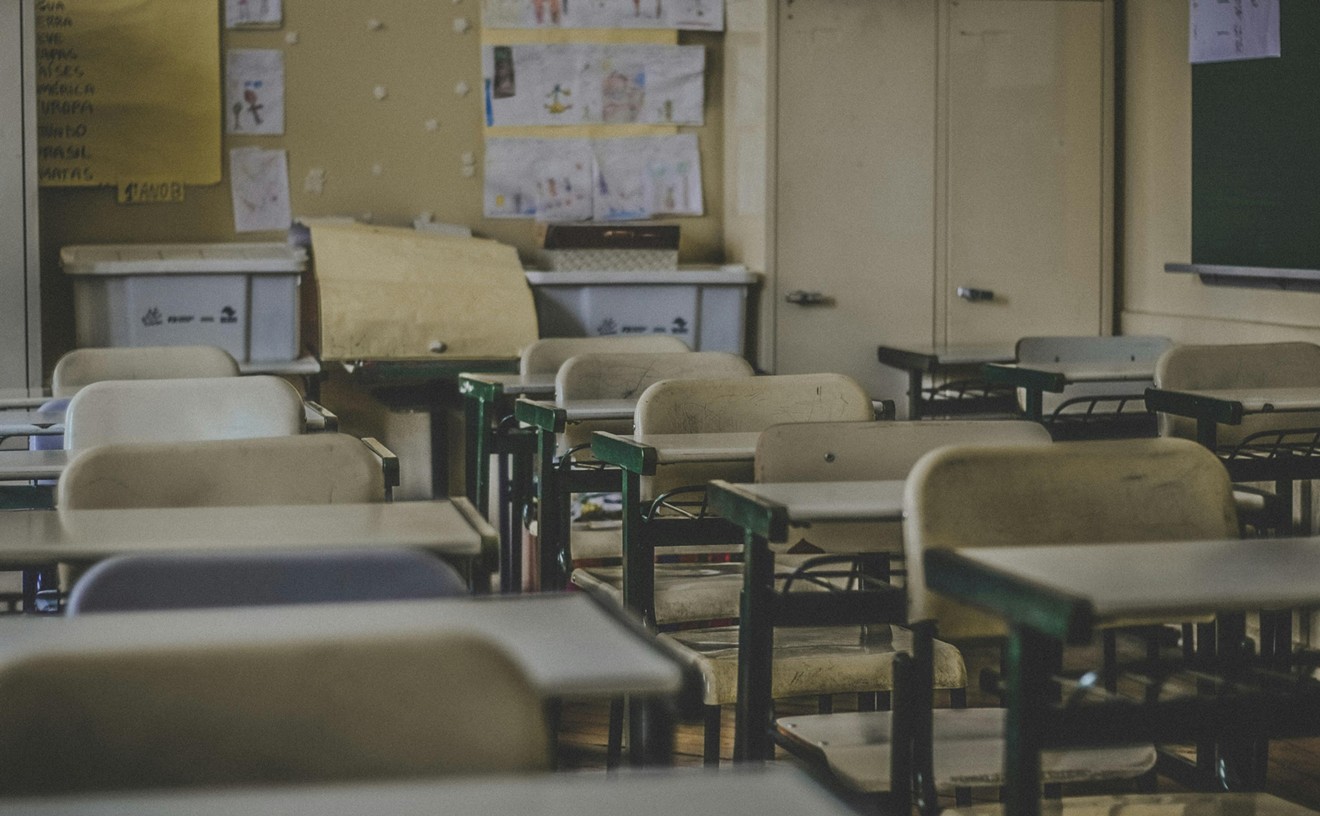The Senate passed SB 1 on Oct. 12, sending to the House a plan that would give parents throughout the state $8,000 per student to use toward private school tuition. That bill hasn’t been set for a House hearing yet and does not include funding for teacher pay raises, although Senate Bill 2, also passed by the Senate last week, does include more than $5 billion for districts to use for teacher pay raises.
But Abbott alone decides what is legislated during a special session, and he has been steadfast in his threat that funding for schools will be addressed only if and when a voucher plan that satisfies him has been approved in both the Senate and House. And it’s the House where Abbott’s hopes for a voucher plan have died over the course of the past few Legislative sessions, thanks to rural Republicans joining forces with Democrats.
House members did work out their own plan, submitting House Bill 1 Thursday night. HB 1 differs a great deal from the Senate’s plan, which more closely aligns with what Abbott has been advocating all year. The bill, authored by Killeen Republican Rep. Brad Buckley, aims to provide parents with only three-quarters of the state’s basic allotment per student, amounting to less than $5,000, far less than what the governor wants.
I'm proud to support a bill to fully fund our state’s future. My colleagues in the Texas House and our constituents have no tolerance for voucher scams.
— Julie Johnson for Congress (@juliejohnsonTX) October 19, 2023
Texas has $46 BILLION in surplus collecting dust — let’s use it to fully fund ALL Texas children and local schools. #txlege pic.twitter.com/IEdG4jDnoD
That number would increase a bit in the second year of the program should it pass. HB 1 would also cap the number of eligible students at 25,000 during its first year, increasing by 25,000 students per year until 2027, when the cap would be removed. Under this plan, students with disabilities from low-income families would be prioritized for participation, but that sort of qualifier leads to what many critics of any voucher-like program have long pointed to as a primary failing of school voucher systems.
Although HB 1 seems to seek a middle ground by offering less money per student, low-income families in Texas will have even less chance to afford private school tuition than under SB 1’s $8,000 amount. The average annual private school tuition in Texas is $10,000, so the House’s proposal would give the prioritized low-income families less than half of what they might need in order to “choose” to send a child to a private school, regardless of whether that school would accept the student. (Private schools are under no legal obligation to do so.) Low-income families often live paycheck-to-paycheck, and it is likely that making up the $2,000–$5,000 difference per student is far from realistic.
Earlier this week, according to CBS Austin, Abbott spoke at a rally for what he and other voucher proponents call “school choice,” saying, "We are closer than we've ever been. My team today, yesterday, the day before, last week ... my team, as we speak right now in the governor's office, they're working with the Texas House of Representatives to hammer out a deal."
If HB 1 is the result of the teamwork Abbott referred to, then it’s a rather drastic turn from the hardline, non-negotiable stance he’s taken on the matter thus far.
Also on Thursday, House Democrats introduced House Bill 177, authored by Rep. Gina Hinojosa of Austin. HB 177, the “Fully Fund Our Future Act,” tackles school funding and teacher pay while not providing any sort of voucher program. The Dem’s plan calls for the state's basic allotment per student to increase annually, based on inflation, as well as one-time bonus payments of $15,000 to teachers, full-time librarians, full-time counselors and full-time nurses. Money for increased school security and more school counselors is also included in HB 177.
Want to retain good teachers? Free Pre-K allows teachers to have a family and continue their careers in public schools. pic.twitter.com/ZW7jBdvmY0
— Senator Nathan Johnson (@NathanForTexas) October 16, 2023
In touting HB 177, state Rep. Gene Wu of Houston posted to X (formerly Twitter), “What's the opposite of a VOUCHER SCAM? A bill that FULLY FUNDS our neighborhood schools! That's why @GinaForAustin just filed HB177. This bill will actually improve the quality of education by providing the resources that Texas students deserve.”
Dallas state Rep. Julie Johnson, who has announced she is running for the seat in the U.S. Congress to be vacated by Colin Allred when he runs for U.S. Senate against Ted Cruz next year, also railed against the voucher bills put forth, writing on X, “Texas has $46 BILLION in surplus collecting dust — let’s use it to fully fund ALL Texas children and local schools.”
Another bill recently filed aims to provide teachers with additional benefits that might both attract new talent as well as retain teachers at a higher rate. Senate Bill 55 from Dallas Democrat Nathan Johnson would provide free local pre-K care for teachers' children of at least 3 years of age.
Given that massive, record surplus the Legislature has had to work with, increased pay and benefits for teachers has been at the top of the priority list for many Democrat lawmakers in 2023, but only a one-time $6,000 bonus has made it through both chambers so far this year.












